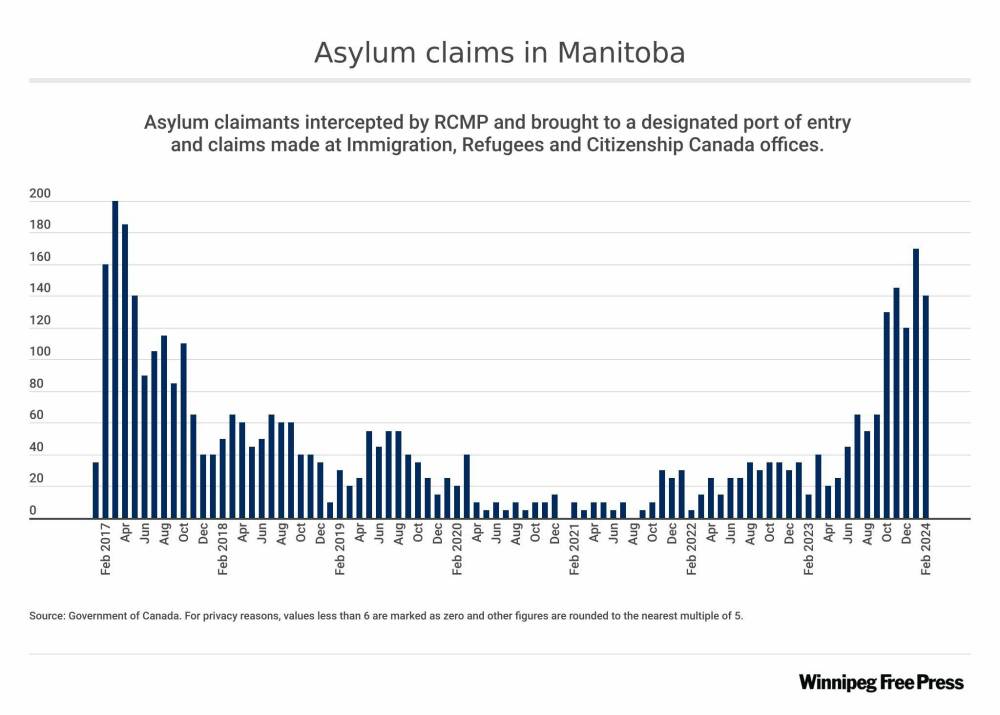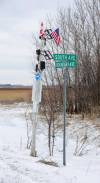Salvation Army opens pop-up temporary shelter to address spike in asylum seekers
Read this article for free:
or
Already have an account? Log in here »
To continue reading, please subscribe:
Monthly Digital Subscription
$19 $0 for the first 4 weeks*
- Enjoy unlimited reading on winnipegfreepress.com
- Read the E-Edition, our digital replica newspaper
- Access News Break, our award-winning app
- Play interactive puzzles
*No charge for 4 weeks then billed as $19 every four weeks (new subscribers and qualified returning subscribers only). Cancel anytime.
Read unlimited articles for free today:
or
Already have an account? Log in here »
Winnipeg’s Salvation Army has set up a temporary emergency shelter with 80 beds to cope with a sharp increase in refugee claimants seeking safe places to stay when arriving in Canada.
Organizations that help newcomers seeking asylum said the upward trend of arrivals could continue, renewing calls for more housing options or a long-term shelter specifically for refugees.
“We’re trying to get ahead of it, prepare for more and ensure everybody who needs a bed in our community will have a safe place, if they need it,” said Mark Stewart, executive director of the Salvation Army’s Centre of Hope.
“We don’t want to leave anybody out there on the streets. We don’t want anybody in unsafe accommodation.”
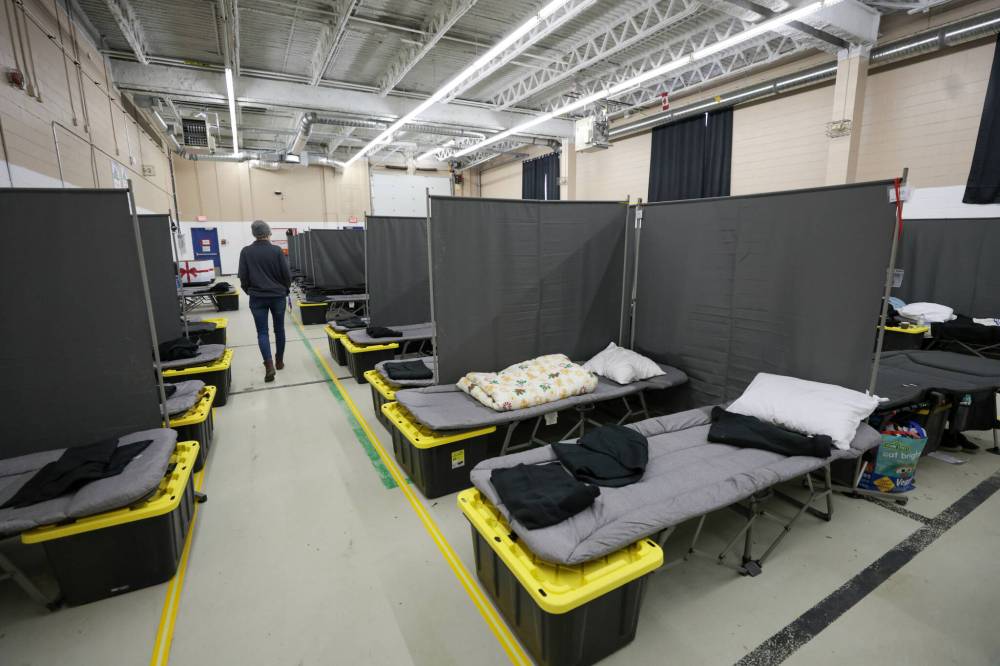
In February, 140 asylum claimants were processed in Manitoba by Immigration, Refugees and Citizenship Canada and the Canada Border Services Agency, down from 170 in January, according to preliminary figures on the federal government’s website.
The spike began in October, when 130 claimants were processed. It continued in November (145) and December (120).
By comparison, the same period in late 2022 and early 2023 saw 15 to 35 claimants per month.
The men’s-only pop-shelter in the downtown area opened in partnership with End Homelessness Winnipeg and Manitoba Housing, Stewart said.
About 30 people were staying there Wednesday. They have access to case workers, resources, meals and a lounge in a building that has received upgrades. Mobile showers and washrooms were brought in.
The site is expected to stay open until the fall.
Stewart said the Salvation Army is working on a plan in case additional shelter space is still needed at that time.
Since October, the Christian organization has added 140 beds for refugee claimants to meet a rise in the number of newcomers seeking asylum in Manitoba.
Of those, 60 beds opened at the Centre of Hope shelter last fall, but the need continued to grow. That location, at 180 Henry Ave., helps nearly 500 men, women and families from all backgrounds per day, including 120 asylum seekers, said Stewart.
He said the increase in arrivals is putting more pressure on service organizations, which are working together to meet people’s needs, which range from meals to finding job opportunities.
The Manitoba Association of Newcomer Serving Organizations has set up a hub inside the Centre of Hope to assist newcomers with documents and other needs.
Winnipeg already had “high needs” for additional emergency transitional housing before the increase, said Stewart. He encouraged Manitobans to be compassionate toward those in need.
“Just be supportive if you see a newcomer. They’re probably fleeing a dangerous situation, and they just want to restart their lives in Canada,” he said.
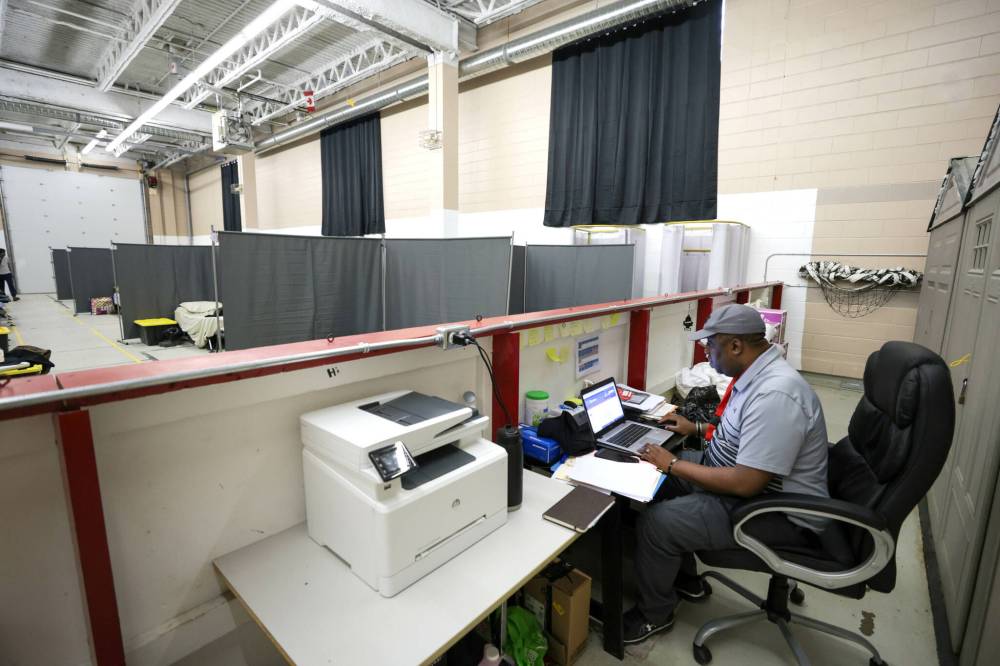
“We need to treat people kindly, and accept that they’re here and how can we make it work for them and us.”
Newcomers who seek shelter at the Centre of Hope are generally from Africa, but the facility has welcomed people from around the world, including some who settled in the U.S. years ago and decided to leave, said Stewart.
Many arrive via ports of entry. Some fly to bigger cities, such as Toronto or Montreal, and make their way to Winnipeg, where they hope it will be easier to access services.
“A scarcity of resources means people are searching for what they can find and what they can get,” said Codi Guenther, executive director of Winnipeg-based New Journey Housing, which assists newcomers.
Some enter Canada by walking across the border illegally between stations. RCMP officers who patrol the border have recently reported a spike in interceptions of refugees, mostly men, from the African country of Chad.
Organizations said the recent uptick in asylum seekers is similar but not as high as the increase in 2017, when arrivals soared following the introduction of tougher U.S. immigration policies and Donald Trump’s presidential election victory.
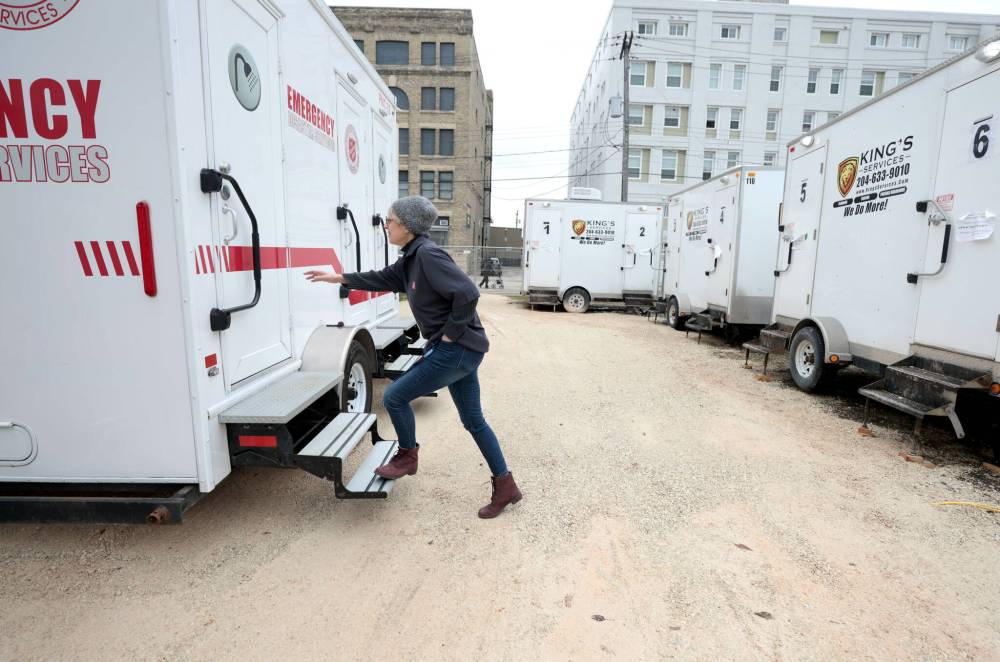
“I don’t think this trend is going to go away,” said Guenther. “What’s missing is the consistent and long-term funding for a specific refugee claimant shelter… instead of being in reactionary mode.”
Guenther said conflict or insecurity in other countries is driving the increase in refugees coming to Winnipeg. Higher numbers are arriving in larger cities in Ontario and Quebec.
“There are more displaced people in the world than there’s ever been, and they’re going to look for safety,” she said.
Reuben Garang, executive director of Immigration Partnership Winnipeg, agreed more supports are needed.
“There are big needs in the community. Mostly, what is very important for us, is people need to work together on this,” he said, referring to governments, service organizations and communities.
“Finding housing is a need, and the need of this (refugee) community is unique. We need to find a better way of making sure people’s basic needs are met. It has to be all of us.”
A spokesperson said IRCC is providing interim housing through a federal assistance program and hotel rooms. The 2024 budget proposes $1.1 billion over three years to extend the program.
Funding in 2026-27 is conditional on provincial and municipal investments in permanent transitional housing for asylum claimants, the spokesperson said.
chris.kitching@freepress.mb.ca

Chris Kitching
Reporter
As a general assignment reporter, Chris covers a little bit of everything for the Free Press.
History
Updated on Wednesday, April 17, 2024 2:11 PM CDT: Adds more information
Updated on Wednesday, April 17, 2024 3:13 PM CDT: Adds photos.
Updated on Wednesday, April 17, 2024 5:51 PM CDT: Adds graphic, more info.
Updated on Wednesday, April 17, 2024 7:36 PM CDT: Adds quote from IIRC spokesperson

